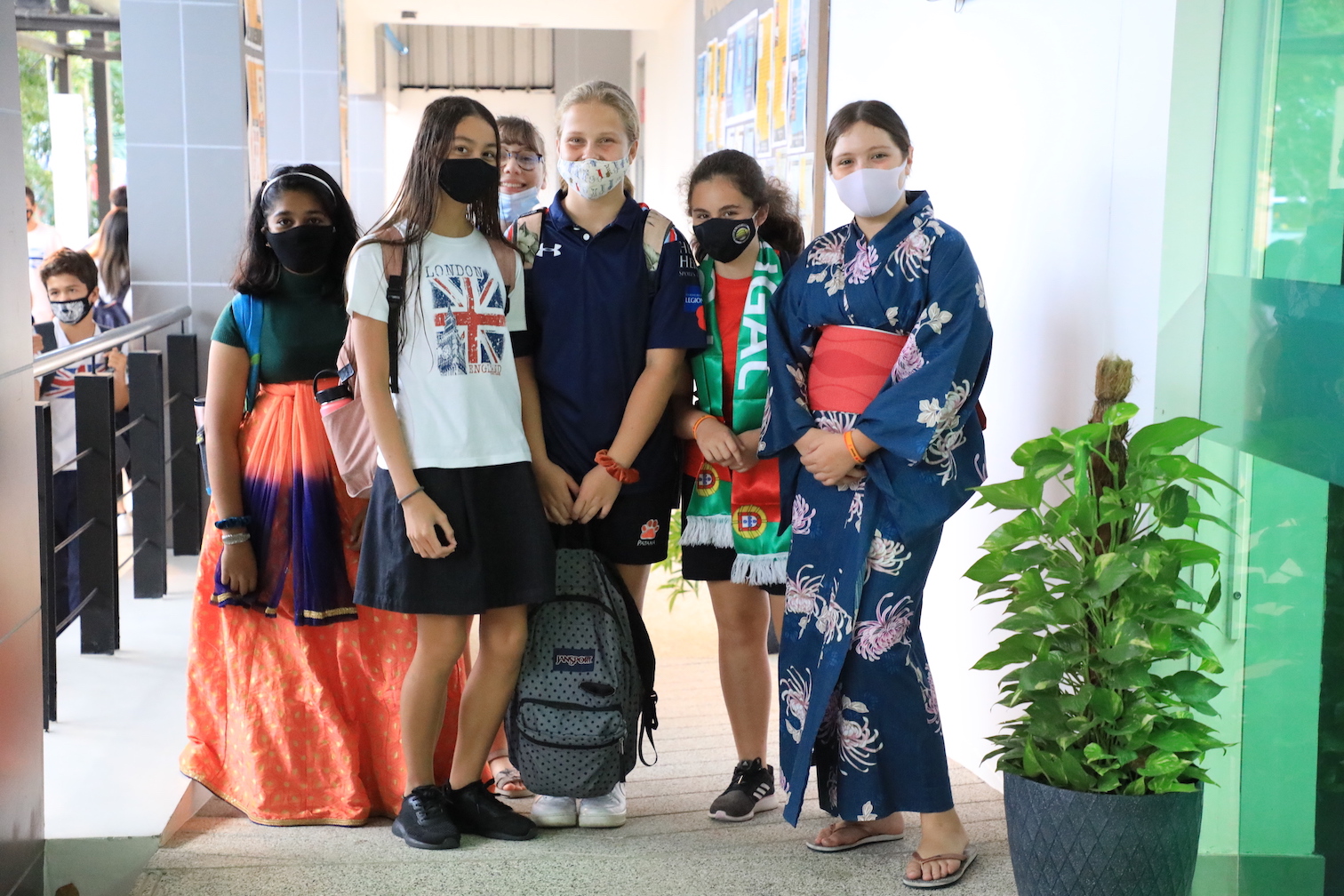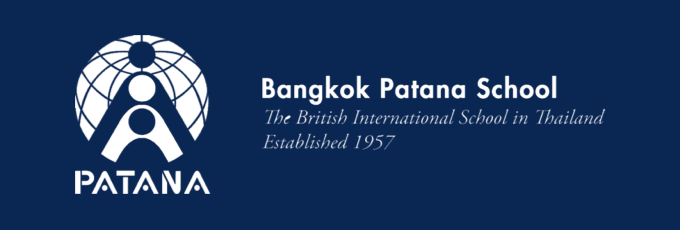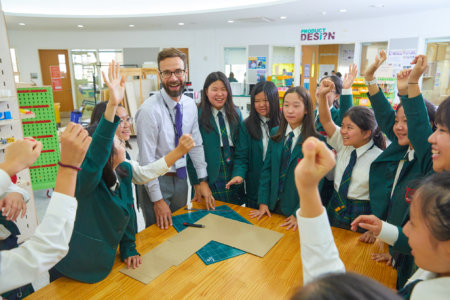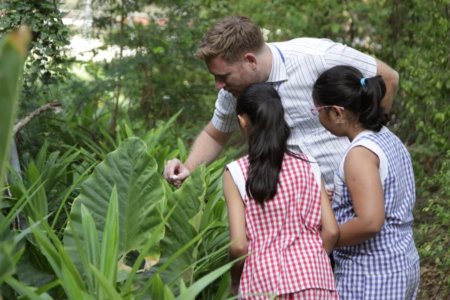It’s no exaggeration that 2020 has sparked a revolution in education. The main catalyst? Technology — accelerated by a pandemic and powered further by an almost global lockdown.
Bangkok Patana School is an example of a school who turned the crisis into an opportunity. It brought the best of both worlds — e-learning and face-to-face teaching — together. It identified the relationship between student characteristics, teaching styles and outcomes — finding its strengths and fixing its weaknesses. It’s a reflection of its commitment to nurture lifelong learners — “patana,” after all, means development in Thai.
As the country’s first and largest British international school, the expectations of parents were understandably high on how it would ensure their kids stayed the course academically. Suffice to say, Bangkok Patana students and parents are pretty satisfied with its approach to education in the new norm.
How did it do it? By combining the best of blended and holistic approaches to learning. “Despite the school being physically closed, the learning still goes on in the form of our Continuing Student Learning (CSL). What it looks like, is very different to that of a typical classroom model environment, as it has been flipped and turned on its head,” says Mark Verde, Primary Assistant Principal for Learning and Curriculum.
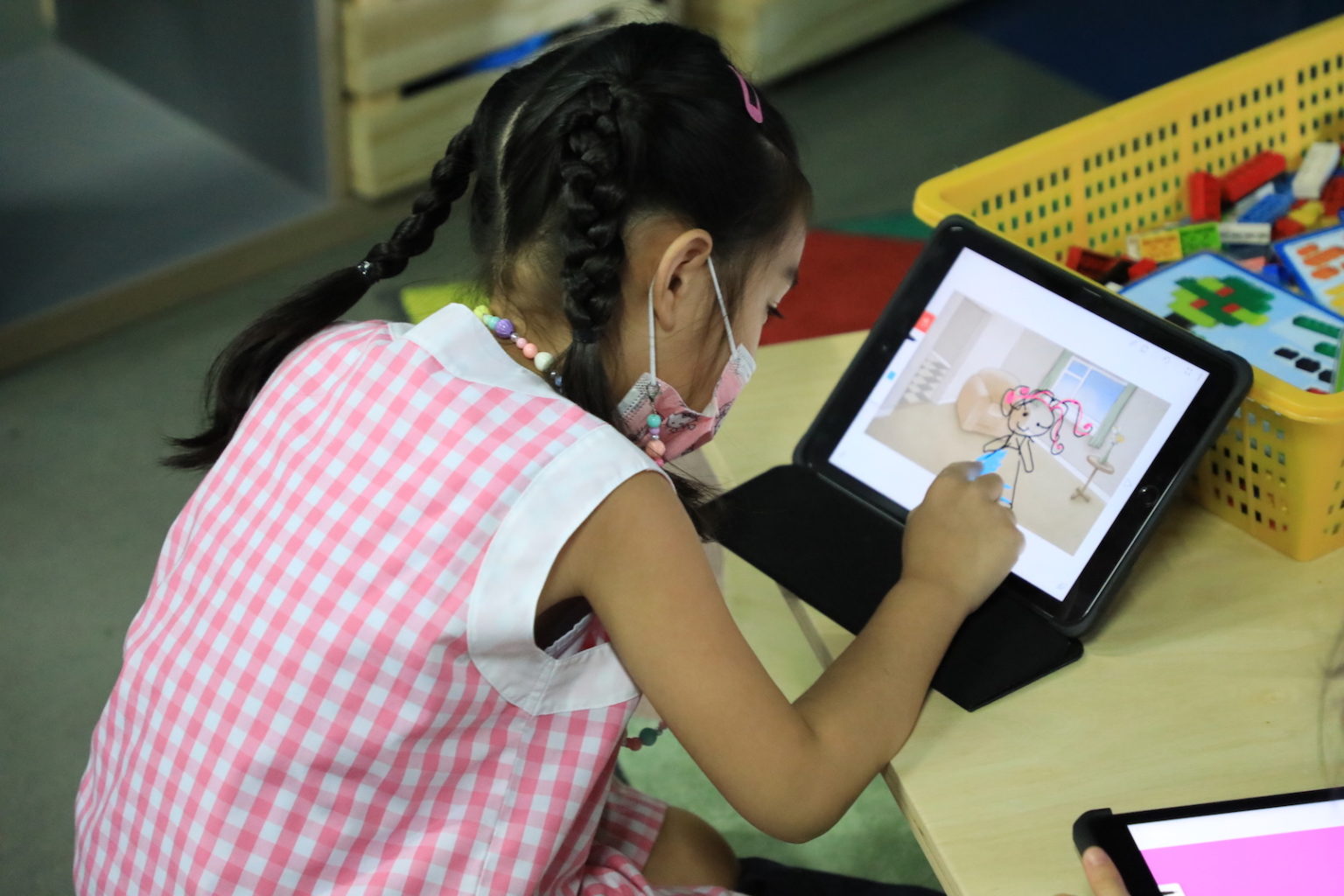
Source: Bangkok Patana School
After April 2020, Bangkok Patana merged elements of both traditional and flipped classrooms, combining online, live lessons and well-being chats. “The curriculum itself was adapted with the priority placed on the well-being of our children. Regular, weekly, small group chats provided the opportunity to reconnect with friends, teachers and teaching assistants and talk together about things of interest,” Verde explains.
In August, the international school started its 2020-21 academic year smoothly. Students and teachers are back — happy, relaxed and refreshed. Things are slightly different, however. The school now has a strict 3Ws policy: wash hands regularly, watch your distance at all times, and wear your mask at all times.
“We are confident with all of the extra health and safety procedures/resources we have put in place at our school to protect your child at all times. We are also confident that we have a high-quality online learning programme that we can revert back to at any time that it is required,” says Matt Mills, Head of School.
A holistic approach to learning

Source: Bangkok Patana School
A Year 2 classroom here is painted in muted and calming colours. There are cosy spaces called “Zen Dens.” Each class timetable prioritises a daily mindfulness practice.
Bangkok Patana considers these features — of pedagogy and facilities — integral to learning. The aim? Producing happy, balanced and fulfilled pupils.
This attention to detail even includes how to sensitively decorate classrooms in the right colours to make the space feel open and calm. “They also enable the resources, and most importantly, the learners who use the space, to feel more relaxed, at ease and able to concentrate; skills essential for successful learning,” explains Kimberly Powell, Year Two Leader of Learning and Welfare.
As for the Zen Dens? They are built to provide cosy, comforting and welcoming spaces within the classroom to promote communication and problem solving. “These spaces support the development of children’s communication skills and include features which are beneficial for children with Speech, Language and Communication Needs, as well as supporting our English as an Additional Language (EAL) learners. In developing these spaces, we are removing barriers to communication. As well as scaffolding communication, these spaces also support learning as well as social and emotional development,” Powell says.
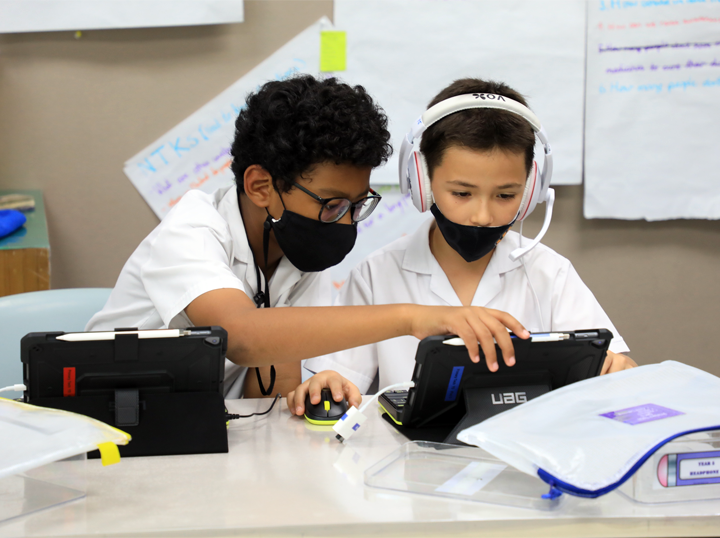
Source: Bangkok Patana School
Like some of the most successful companies in the world today, such as Google and General Mills, mindfulness is also prioritised here. Research has shown that regular practice of mindfulness helps with regulating emotions; decreasing stress, anxiety and depression; improving focus; observing our thoughts and feelings without judgment; and making us healthier physically. “If we can enable children to form habitual mindfulness practises that become part of their daily routine, they will be well-equipped with the tools to draw upon throughout their future lives and hopefully benefit from its long term gains,” Powell shares.
The perks for pupils extend beyond greater social and emotional intelligence. One study by Wake Forest University School of Medicine found that meditation-trained participants showed a significant improvement in their critical cognitive skills. In cognitive tests, they performed significantly higher than a control group after only four days of training for only 20 minutes each day.
These measures reflect Bangkok Patana’s holistic approach to learning: educating pupils not to win the race for grades, but to reach for their best socially, emotionally and cognitively. Powell believes this approach can nurture better adjusted learners which in turn leads to an increase in academic success. “We can be assured that if we nurture these attributes in our children, they will possess benefits which reach far beyond their formal education,” she adds.
Follow Bangkok Patana School on Facebook, Twitter, YouTube, Issuu and Instagram

